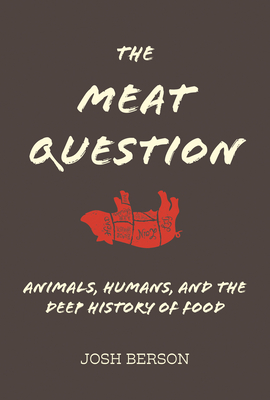Expedite your nonfiction book discovery process with Readara interviews, summaries and recommendations, Broaden your knowledge and gain insights from leading experts and scholars
In-depth, hour-long interviews with notable nonfiction authors, Gain new perspectives and ideas from the writer’s expertise and research, Valuable resource for readers and researchers
Optimize your book discovery process, Four-to eight-page summaries prepared by subject matter experts, Quickly review the book’s central messages and range of content
Books are handpicked covering a wide range of important categories and topics, Selected authors are subject experts, field professionals, or distinguished academics
Our editorial team includes books offering insights, unique views and researched-narratives in categories, Trade shows and book fairs, Book signings and in person author talks,Webinars and online events
Connect with editors and designers,Discover PR & marketing services providers, Source printers and related service providers

The Meat Question: Animals, Humans, and the Deep History of Food
Social Science > Agriculture & Food (see also Political Science - Public Policy - Agricultur
- MIT Press
- Hardcover
- 9780262042895
- 9.1 X 6.1 X 1.2 inches
- 1.3 pounds
- Social Science > Agriculture & Food (see also Political Science - Public Policy - Agricultur
- (Single Author) Asian American
- English
Readara.com
Book Description
Humans are eating more meat than ever. Despite ubiquitous Sweetgreen franchises and the example set by celebrity vegans, demand for meat is projected to grow at twice the rate of demand for plant-based foods over the next thirty years. Between 1960 and 2010, per capita meat consumption in the developing world more than doubled; in China, meat consumption grew ninefold. It has even been claimed that meat made us human--that our disproportionately large human brains evolved because our early human ancestors ate meat. In The Meat Question, Josh Berson argues that not only did meat not make us human, but the contemporary increase in demand for meat is driven as much by economic insecurity as by affluence. Considering the full sweep of meat's history, Berson concludes provocatively that the future is not necessarily carnivorous.
Berson, an anthropologist and historian, argues that we have the relationship between biology and capitalism backward. We may associate meat-eating with wealth, but in fact, meat-eating is a sign of poverty; cheap meat--hunger killing, easy to prepare, eaten on the go--enables a capitalism defined by inequality. To answer the meat question, says Berson, we need to think about meat-eating in a way that goes beyond Paleo diets and PETA protests to address the deeply entwined economic and political lives of humans and animals past, present, and future.
Author Bio
Josh Berson’s work addresses the technological scaffolding of sensorimotor habits over epochs of 10 to 100,000 years. Previously he was visiting researcher at the Max Planck Institute for Human Cognitive and Brain Sciences. At the Berggruen he’s been finishing a new book, Ditch Kit: How Humans Adapt to Environmental Change. His forthcoming book The Meat Question (MIT Press, 2019) examines human nutrition strategies over the entire 2.8-million-year span of humanity’s tenure on Earth. His 2015 book Computable Bodies (Bloomsbury) won the 2016 PROSE Award in Language and Linguistics.
Source: Berggruen Institute
Videos






Community reviews
No Community reviews

